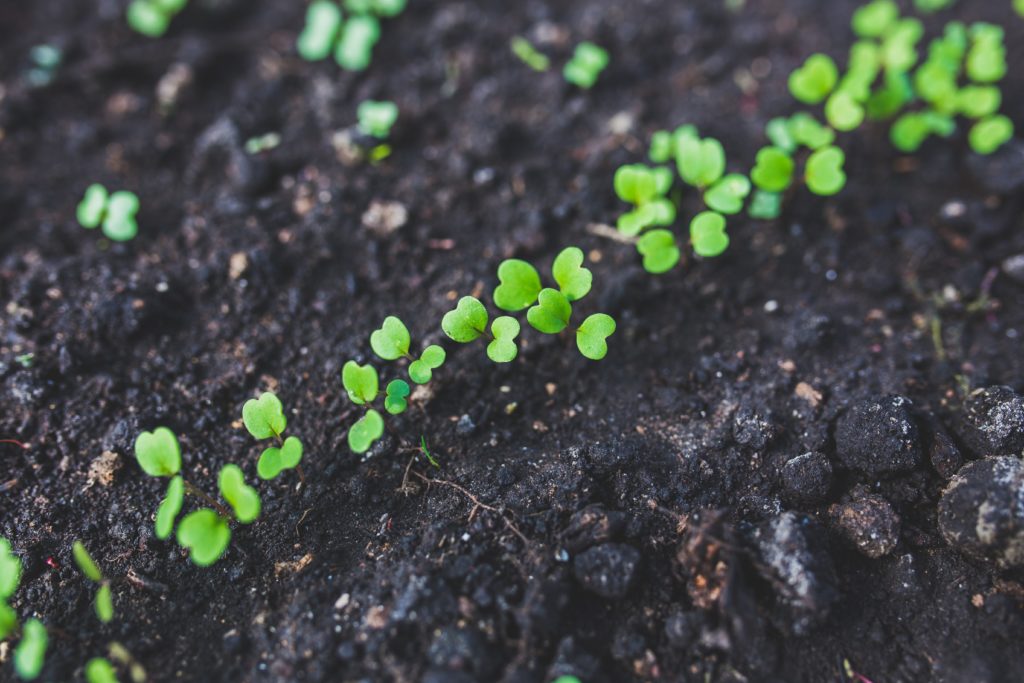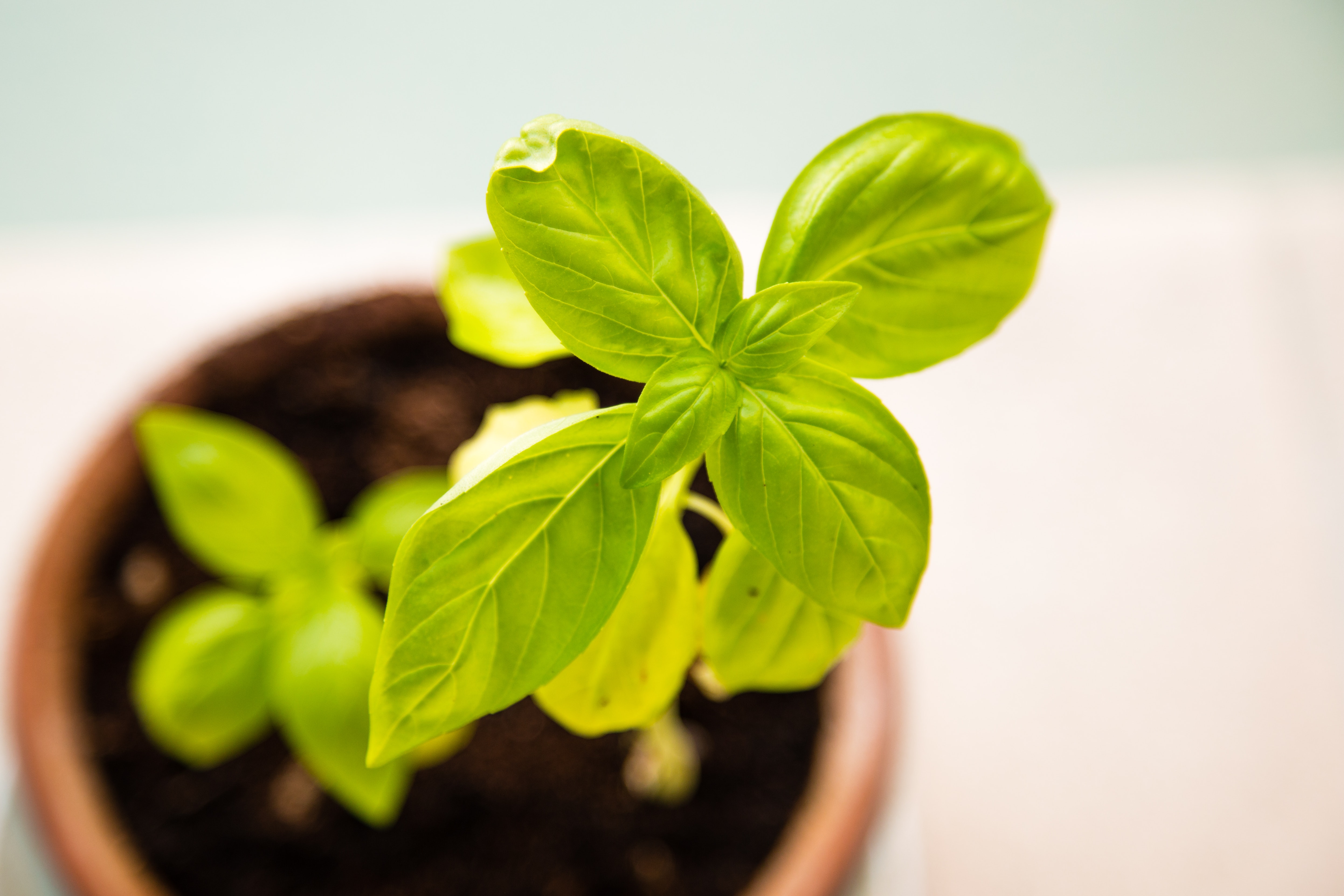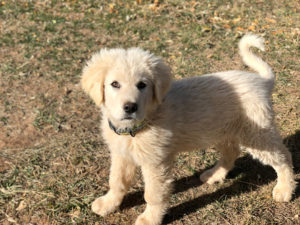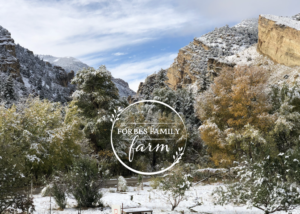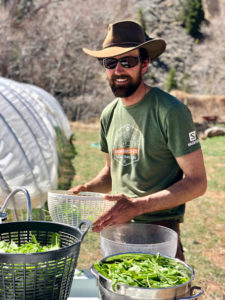Is this really happening?
Things are starting to get real. A few experiences over the past week have re-enforced the fact that we are actually quitting our jobs and moving from the city to the country. First, we got a PO Box in the tiny town closest to where we’ll be living. Second, my coworkers went ahead and scheduled going away parties for me. And third, we placed our seed order for the season. Getting a PO Box doesn’t stir much excitement. Going away parties are fun, but also sort of depressing. So, let’s stick to talking about the seed order!
This season we purchased a few hundred dollars worth of seeds from Seeds Trust, a local seed company specializing in heirloom seeds adapted to high elevation climates. If you’re in the Rocky Mountains, there is no better source for seeds acclimated to our unique mountain climate. There’s countless reasons for using local or regional seeds in your gardens, but ultimately it comes down to quality. So, we agree with Seeds Trust when they say, “Most importantly, we think the food grown from local seeds tastes better!”
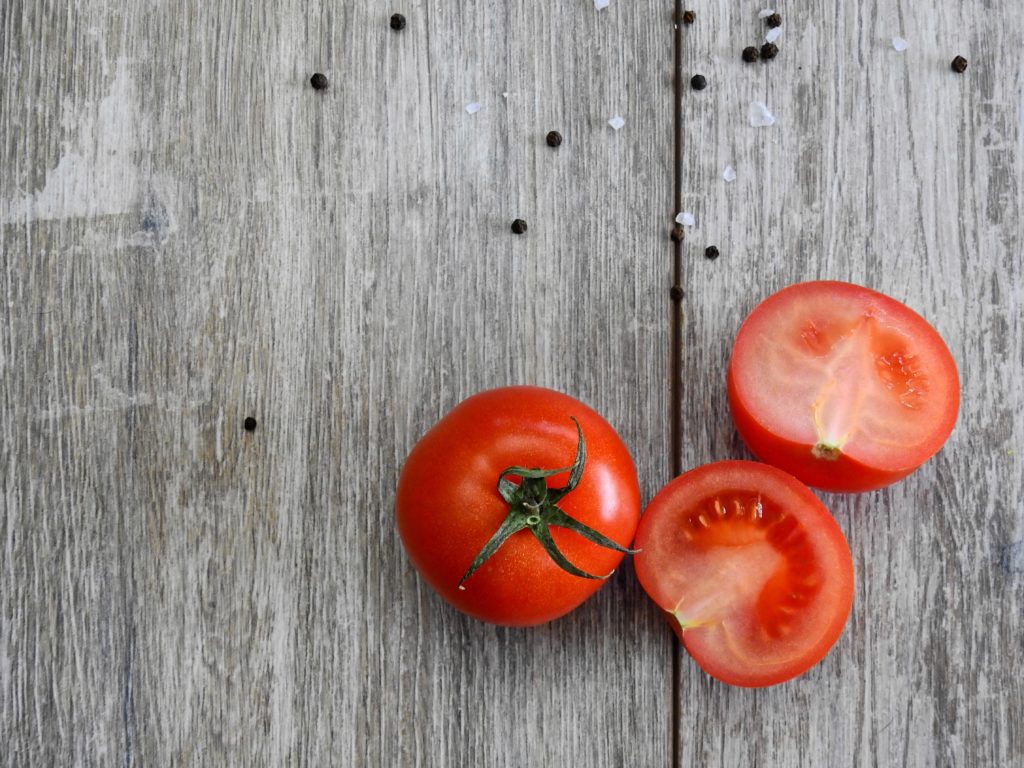
It all started with a basil plant
All of this said, we have to admit our loyalty to local seeds has not always been this strong. In fact, our seed purchasing habits have evolved in parallel with our interest in farming and food production. Our venture into food production started when we lived in a trendy downtown condo in Denver. We were young newlyweds entering our second summer together, and it was a random trip to our local grocery store that sparked a new and powerful interest in our lives. Outside the grocery store was a stand of potted herbs, including a collection of Italian Basil. Emily stopped suddenly saying, “Basil! Let’s get one, I love fresh basil.” We bought one, took it home, and placed it on our windowsill.
Now, here’s where I get to share a little more about me. I grew up in a pretty typical American family. My two older sisters and I were like most Gen Xr’s and early Millennials. We were introduced to computers fairly early in life, we listened to grunge, and we enjoyed the convenience of TV dinners, microwave popcorn and the occasional “night out” for fast food.
I was not completely naive to the idea of where fruits and vegetables come from. My mom tried hard to keep a vegetable garden in our harsh high desert climate and I thoroughly enjoyed my duties of running the tiller in the spring and harvesting peas, radishes and corn. On top of that, my grandparents always kept a big garden in Colorado and there was nothing I liked more in the summer than eating all the raspberries before anyone else could get to them. These were great snacks while playing in the yard, but realistically, I understood “food” as a commercially produced and packaged product. I never believed a garden could actually produce an entire meal…where would the pop tarts and ramen noodles come from?
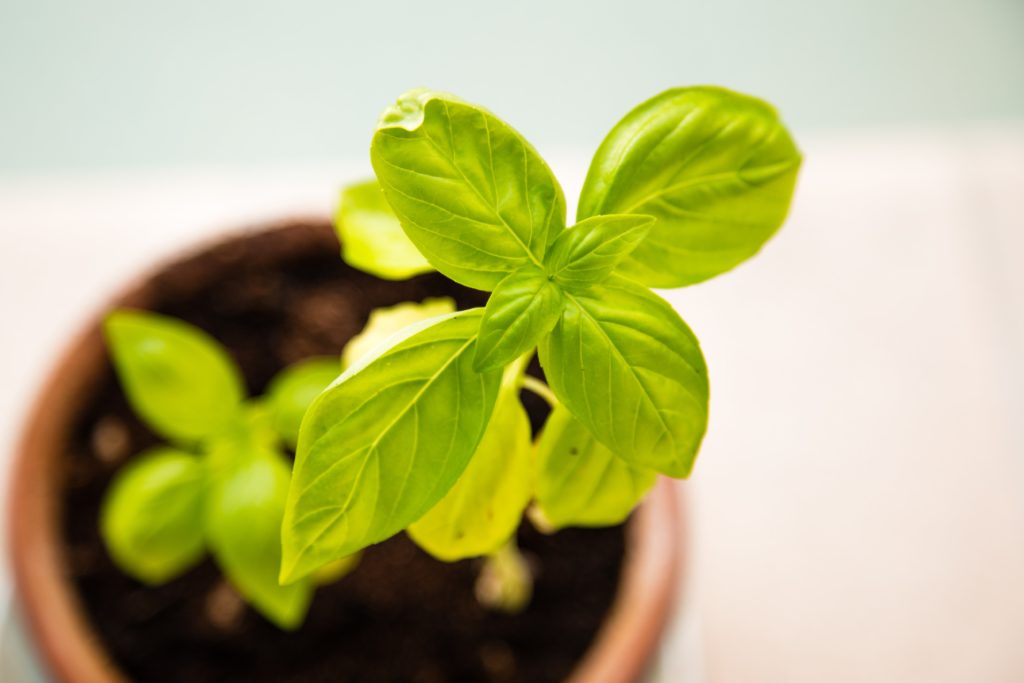
From a downtown patio to The Forbes Family Farm
Suddenly, in my early 20s, a basil plant on the windowsill started changing my perspective. At the time I was competitively racing bicycles, and my interest in racing brought to life an interest in health and wellness. As such, I started experimenting in the kitchen. Many of my favorite early recipes included basil and I regularly purchased cut basil sprigs packaged in plastic and sold for a few dollars per ounce. Realizing I could produce my own basil, of higher quality, by simply keeping a plant on the windowsill blew my mind. I became obsessed, and that basil plant received nearly constant attention. The next season saw the addition of a tomato plant, pepper plant, lettuce and even a few flowers on the patio.
So, how did we get from purchasing potted plants to keep on our urban patio to purchasing locally harvested heirloom seeds to grow on our very own farm? Well, it’s been a journey. For the past five years we’ve lived on a classic double urban lot with a small mid-century home on it. The small home left us plenty of space to garden, and we’ve experimented with an array of garden design and management techniques. There are three lessons we’ve learned a long the way.
- It is expensive to garden (or farm) when you’re dependent on external inputs. Whether it’s seeds, soil, compost, fertilizer, or herbicide, relying on the purchase of external inputs to produce your food is unsustainable.
- Heirloom produce has more flavor. It just does, there’s no comparison.
- Collecting seeds and establishing perennial cycles is easy. Sure some seeds require care, but it’s something humans have been doing for thousands of years.
On top of all this, using local seeds and harvesting seeds contributes to the ecological diversity of our environment. It’s for these reasons we choose to be intentional about our seed purchases. In future posts we’ll share tips on how to select seeds and a few of our adventures in seed collecting. We look forward to sharing with you our journey as we take these uniquely adapted seeds from planting to harvest in our first year on the farm.
